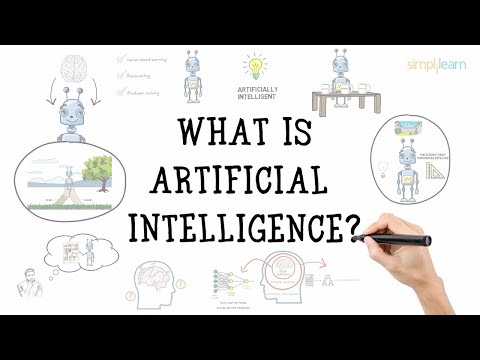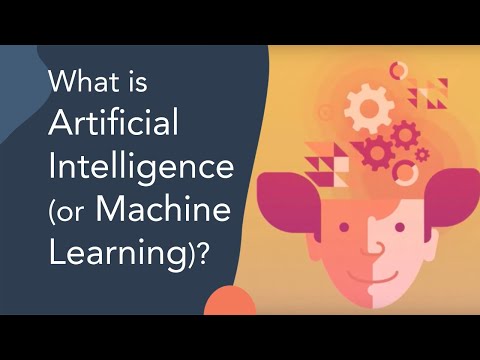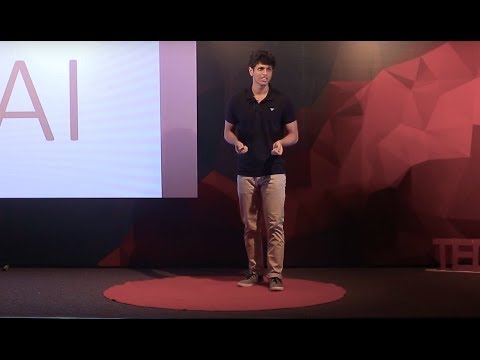Currently around 63% of students are disengaged at school, meaning that they withdrawal either physically or mentally before they have mastered the skills that are required to flourish in later life. In this talk Scott Bolland explores the science of learning, the mismatch between how we teach and how the brain natural learns, and the important role that artificial intelligence could take in addressing the limitations in our current education system.
Dr Scott Bolland is the founder of New Dawn Technologies, a high-tech software company aiming to revolutionise education through the use of artificial intelligence. He has spent the last 20 years actively researching and teaching in the field of cognitive science – the scientific study of how the mind works – which spans disciplines such as psychology, philosophy, neuroscience, artificial intelligence and computer science. He holds a PhD in this field, as well as a university medal for outstanding academic scholarship.
This talk was given at a TEDx event using the TED conference format but independently organized by a local community. Learn more at http://ted.com/tedx
Similar Posts:
-

Artificial Intelligence In 5 Minutes | What Is Artificial Intelligence? | AI Explained | Simplilearn -

What is Artificial Intelligence (or Machine Learning)? -

Computer Chronicles: Artificial Intelligence and Expert Systems (1984) Part 1 -

Artificial Intelligence: Investing in Yourself | Upamanyu Ghose | TEDxHRCollege

Leave a Reply